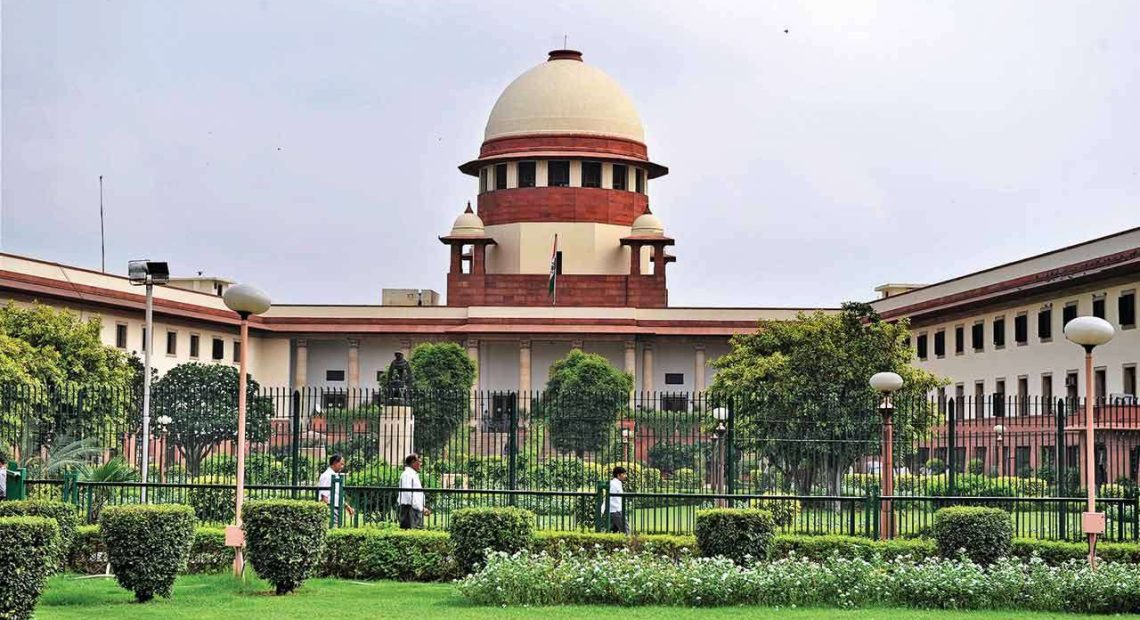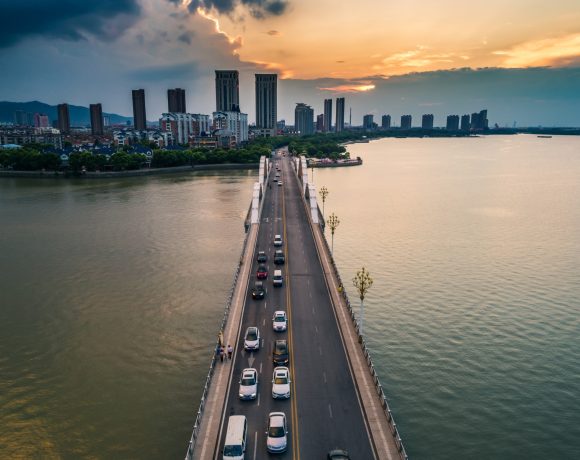
Supreme Court to Hear Interim Stay Pleas on Waqf Amendment Act 2025 on May 20
The Supreme Court of India will dedicate the entire day on May 20, 2025, to hear arguments on interim stay petitions related to the Waqf (Amendment) Act, 2025. The hearing will be conducted by a bench led by Chief Justice of India B.R. Gavai, following the transfer of the matter from outgoing CJI Sanjiv Khanna, who had earlier noted the need for in-depth examination of the central government’s arguments.
Background of the Waqf Amendment Act 2025
The Waqf (Amendment) Act, 2025—officially titled the Unified Waqf Management, Empowerment, Efficiency and Development (UMEED) Act—introduces wide-ranging reforms to the administration of waqf properties in India. Key provisions of the law include:
- Elimination of ‘Waqf by User’: The law removes the ability to declare land as waqf based solely on historical or religious use without legal documentation.
- Diverse Board Composition: For the first time, non-Muslim members may be included on State Waqf Boards to broaden oversight and accountability.
- Empowered District Authorities: District collectors are given authority to resolve waqf property disputes—previously the exclusive domain of Waqf Boards.
- Application of Limitation Act: By applying the Limitation Act, 1963, the law potentially limits the Waqf Boards’ ability to reclaim properties encroached upon decades ago.
Legal Challenges and Supreme Court Proceedings
Several political and religious organizations, including the Congress, AIMIM, CPI, and the All India Muslim Personal Law Board, have challenged the Act, arguing it infringes on constitutional protections for minorities and undermines religious institutional autonomy.
In response to these petitions, the Supreme Court consolidated the cases and issued a directive to the Union government to file a detailed affidavit. The government assured the Court that no waqf property would be denotified or disturbed until May 5, giving temporary relief to concerned stakeholders.
Implications for State Waqf Boards
The amended law has already triggered complications at the state level. In Telangana, for instance, the Board’s legal standing has been questioned since the Act disallows nominated members from continuing their term, necessitating a fresh election for valid board reconstitution. This has cast doubt on the legality of decisions taken by the existing Board and raised broader questions about governance compliance under the new framework.
Key Day in Court on May 20
The upcoming hearing on May 20 will be critical in deciding whether an interim stay should be imposed on the Act’s enforcement. Petitioners are likely to press for an immediate suspension of contentious provisions, especially those affecting property rights and board autonomy.
The case is likely to influence the broader conversation on religious property rights, federal oversight, and the boundaries of constitutional protection for minority institutions in India. The Court’s stance could also set the tone for how legislative reforms in sensitive religious domains will be scrutinized in the future.


















